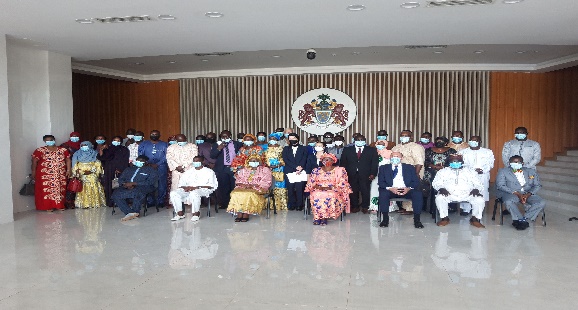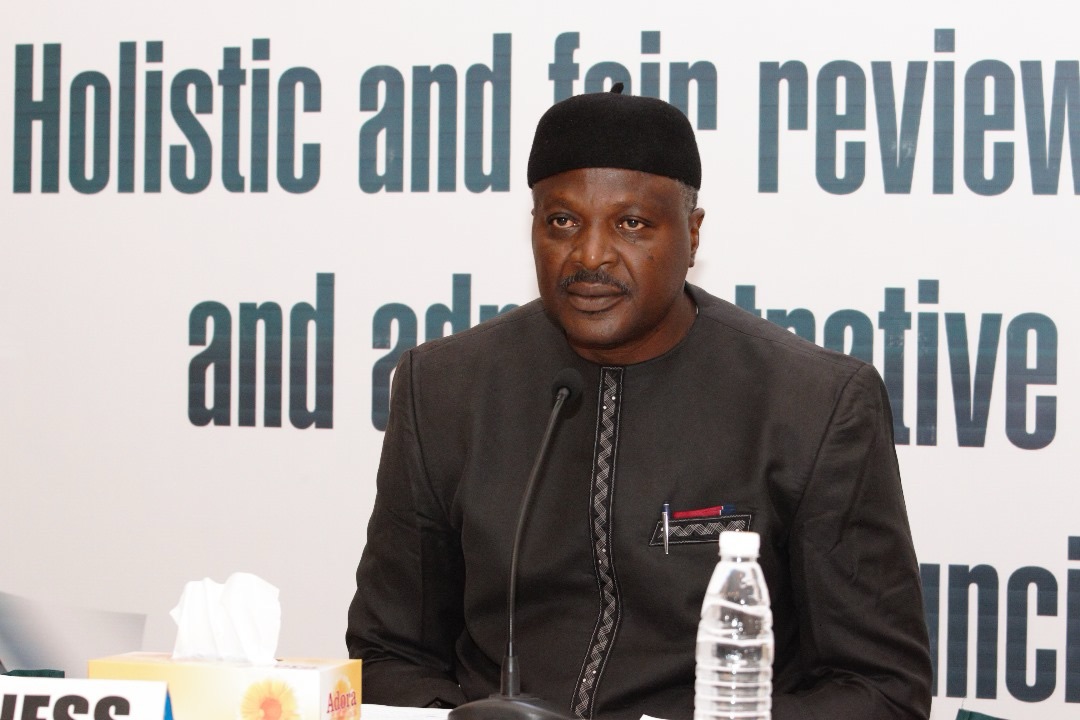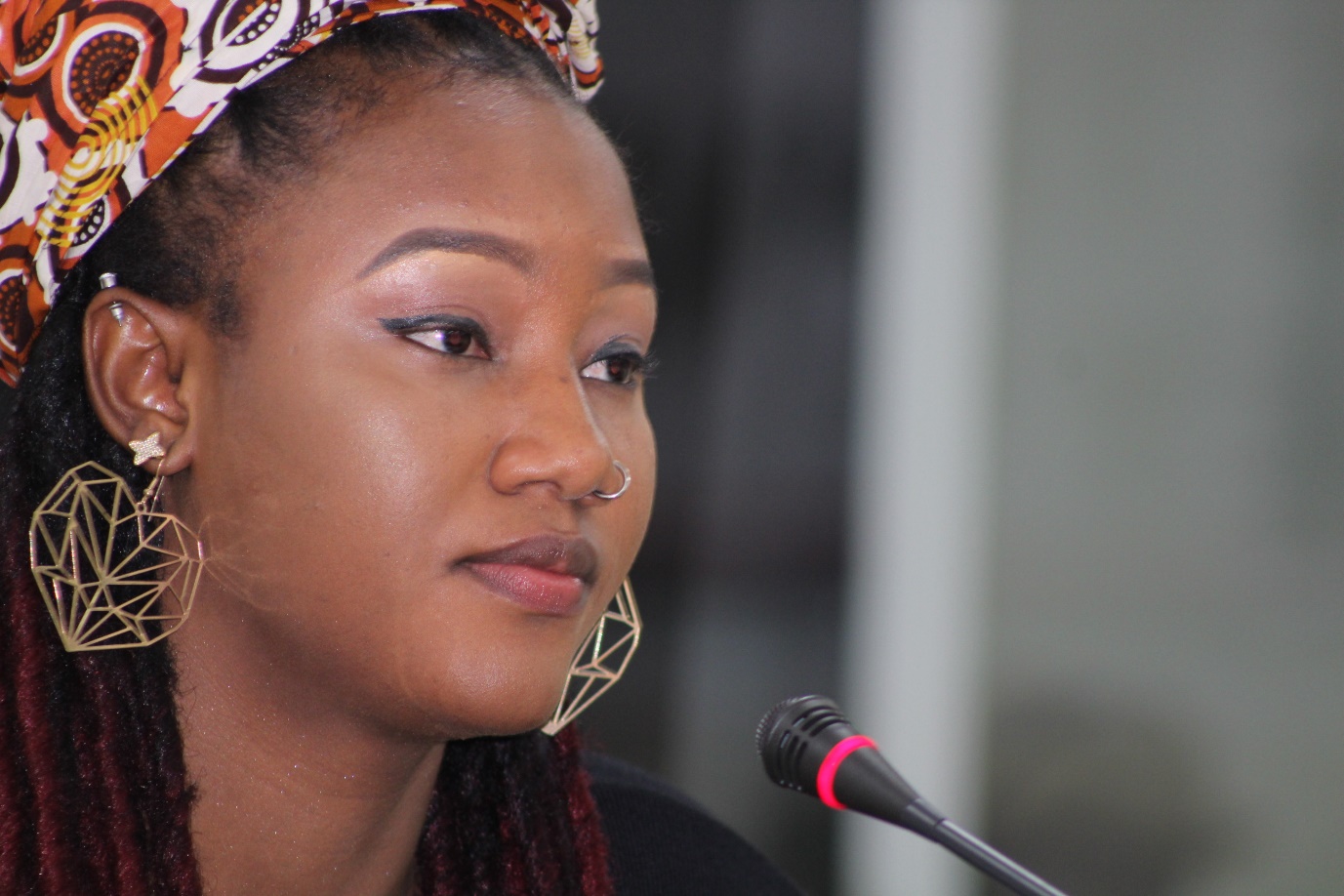By Adama Makasuba
The Gambia government has launched a four-year energy project at a tune of 7.2 million Euro which seeks to support 23 local communities with solar or wind electricity. The launch of the project took place at the Sir Kairaba Jawara International Conference Centre, Bijilo.
The Renewable Energy Potential Gambia project is expected to train 210 Gambians – and it’s been conjointly run by the Ministry of Higher Education, Ministry of Environment and the University of The Gambia.
Speaking at the launching, Vice President Dr Isatou Touray described climate change as unprecedented threat to the economic growth of The Gambia to attain the sustainable goals especially SDG7.
“The Gambia contribute a very insignificant amount of CO2 emission that cause climate change, therefore, reducing the impact of climate change through this project is a massive opportunity that we cannot afford to miss in The Gambia,” she said.
Representing Minister of Higher Education, Dr Yusupha Touray, said the project will provide timely availability of clean and affordable electricity in twenty-three communities in the country.
“This project will as a start in The Gambia measures the amount of carbon dioxide equivalence that will be saved by using photo volatile system [solar panels] and wind power as a source of generating electricity instead of using conventional diesel fuel to generate electricity. Climate change is an ongoing and unprecedented threat to the ozone layer and economic growth, particularly in The Gambia in relations to sustainable development growth,” he said.
He assured his Ministry’s commitment to give full political support to the project which geared towards reducing the impact of emission through the use renewable energy sources in the country.
Honorable Lamin Dibba, Minister of Environment highlighted the destruction of climate change on the lives of people and other living beings, so “the important of this project cannot be overemphasized.”
“And we all know that The Gambia is one of those countries in sub-Saharan Africa that is highly vulnerable to climate,” he said, adding that “studies have shown that most of our infrastructure are at a risk particularly our capital city that is underwater.”
He said ozone layer protects “us from the harmful rays of the UB raze and that: “climate change is not only about economy, but it also has health implications. So, this project coming in on this time will help us to achieve our national target.”




